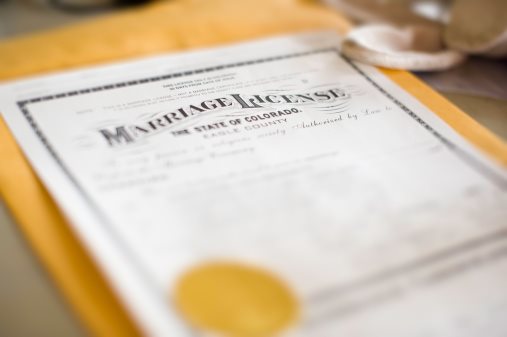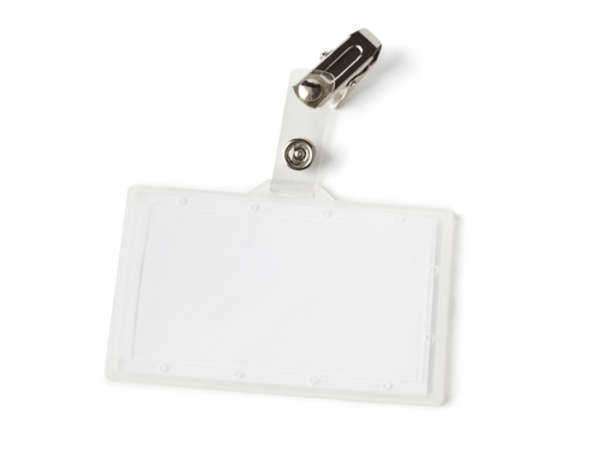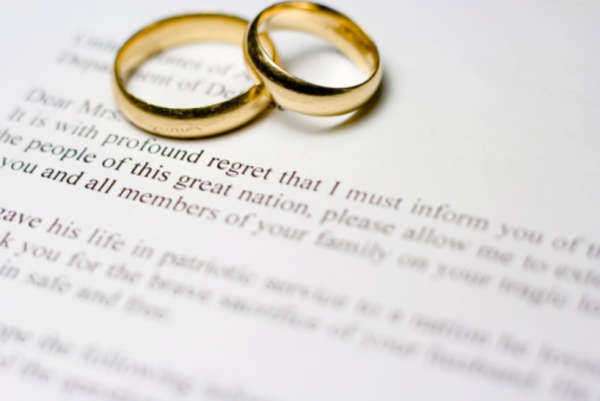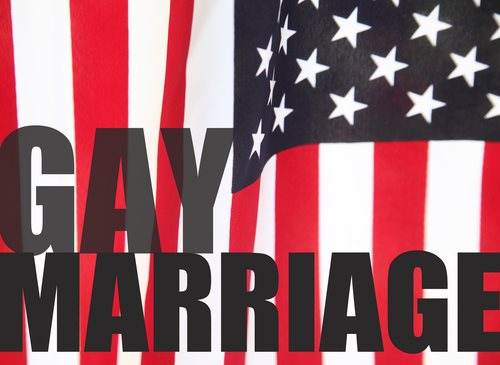Obtaining A Marriage Annulment

Obtaining A Marriage Annulment: Dissolving a Marriage that Never Was
While divorce is a well-known legal procedure to end a marriage, not everyone is familiar with marriage annulments. A marriage annulment differs from a divorce in that it declares a marriage null and void, as if it never existed. In this article, we will explore the process of obtaining a marriage annulment and provide an overview of the requirements and considerations involved.
Understanding Marriage Annulment:
1. Grounds for Annulment:
Marriage annulment is granted based on specific circumstances that render the marriage legally invalid from its inception. Common grounds for annulment include fraud, bigamy, lack of consent, impotence, mental incapacity, underage marriage, or a marriage prohibited by law due to blood relations or pre-existing marital status. It is important to consult with an attorney to determine if your situation meets the criteria for an annulment.
2. Time Limitations:
Unlike divorce, which can be filed at any time during a marriage, annulments typically have time limitations. Each jurisdiction may have its own statutes of limitations within which an annulment petition must be filed. It is essential to act promptly to meet these time constraints, as failure to do so may result in losing the right to seek an annulment and having to pursue a divorce instead.
3. Legal Process:
The legal process for obtaining a marriage annulment may vary depending on your jurisdiction. Typically, it involves filing a formal petition with your local court, stating the grounds for annulment and providing any supporting evidence. You will need to provide information about the marriage, such as the date, location, and any witness testimony that can support your claim. It is advisable to seek legal assistance to ensure your petition is properly prepared and presented.
4. Burden of Proof:
When petitioning for an annulment, the burden of proof rests with the party seeking the annulment. This means that you must provide evidence and convince the court that the grounds for annulment exist and that the marriage is void. Evidence may include documents, witnesses, or even expert testimony, depending on the specific circumstances of your case. Gather all relevant documentation and consult with your attorney to build a strong case.
5. Annulment vs. Divorce:
It is crucial to understand the distinction between annulment and divorce. While divorce dissolves a valid marriage, an annulment declares the marriage null from the start. An annulment can be appealing for those who wish to erase the legal existence of their marriage entirely, but it may not be available in all situations. Discuss your options thoroughly with an attorney to determine the most suitable path for your circumstances.
Conclusion:
Obtaining a marriage annulment can offer an opportunity to legally invalidate a marriage that was obtained under false pretenses or based on circumstances that render it void. Understanding the grounds for annulment, time limitations, and legal process is essential before pursuing this option. Consulting with an experienced attorney will help you navigate through the complexities and ensure your case is well-prepared. By seeking an annulment, you can legally dissolve a marriage that never truly existed and move forward with a fresh start.
A marriage annulment can be obtained once the couple has proved that something has gone wrong within the marriage. All states approve different reasons from marriage annulment, however common reasons include: involvement with fraud, previous marriages, or mental illness. Although all states do not require an attorney for a marriage annulment, it is advisable to hire one to help clarify and deal with the confusing aspects of the case.
Marriage annulment separates a couples assets, properties, and determines child custody arrangements. Each state has different laws in terms to getting a marriage annulment, so the process will vary. Some religions require an annulment through the church as well as through the court. To properly address a marriage annulment, it is advisable to speak to a legal representative, a local court house, and if applicable the church in which the marriage took place.



















